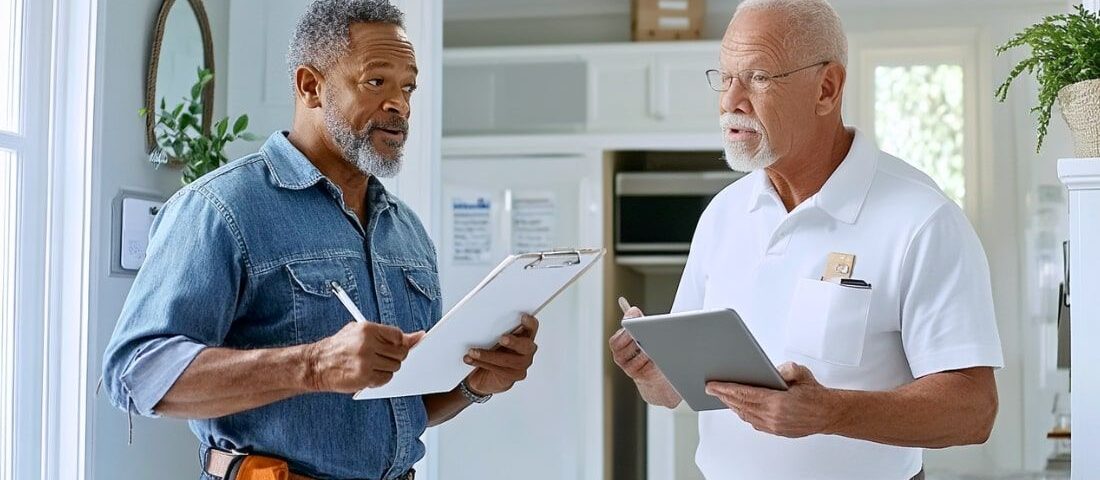
Renting a home comes with rights and responsibilities. Understanding tenant rights in South Carolina ensures you stay protected, avoid disputes, and maintain a good relationship with your landlord. Here’s what you need to know to safeguard your rights and finances.
Key Tenant Rights in South Carolina
Your Right to a Safe and Livable Home
Your home should meet basic health and safety standards. That means working plumbing, heat, safe electrical systems, and a solid structure. If something isn’t right, you have the right to request repairs. The property owner is responsible for ensuring your home stays in good condition. If you need to report an issue, always do it in writing and keep a copy for your records.
Getting Your Security Deposit Back
Security deposits are a big part of the rental process. South Carolina doesn’t limit deposit size, but there are clear rules for handling deposits. When your lease ends, the property owner has 30 days to return your deposit or provide an itemized list of any deductions. To ensure you get your deposit back, document the condition of your home when you move in and out. Take photos, complete a move-in checklist, and keep records of any repairs you requested.
What Happens If Rent Is Late?
Life happens, and sometimes rent might not make it in on time. South Carolina law gives you a five-day grace period unless your lease says otherwise. After that, the property owner can start eviction. If you’re facing financial trouble, communicate as soon as possible. Having an open conversation about your situation can sometimes help avoid bigger problems.
When Can a Property Owner Enter Your Home?
You have the right to privacy. Unless there’s an emergency, the property owner should give you reasonable notice before entering for repairs or inspections. If you have concerns about unexpected visits, check your lease agreement. Clear communication can help prevent misunderstandings and ensure your privacy is respected.
Can You Withhold Rent for Repairs?
You have rights if your home has major problems. However, withholding rent isn’t always the best option. South Carolina has strict rules about this, and not following the legal process could put you at risk of eviction. If there’s an issue, report it in writing and give the property owner time to fix it. If they don’t respond, you may have legal options to get the repairs handled.
Understanding Evictions and Lease Termination
No one wants to face eviction, but if it happens, you have rights. You must receive a written notice explaining the reason, whether unpaid rent or a lease violation. An immediate move-out may be necessary in some cases. Typically, immediate removal is for situations like illegal activity.
Reviewing Your Lease Agreement
Before signing a lease, read it carefully. It should outline rent payment terms, maintenance responsibilities, and what happens when the lease ends. If something isn’t clear, ask for clarification. Understanding your lease from the start can help you avoid issues later on.
Protecting Yourself from Retaliation and Discrimination
If you report a problem, the property owner can’t raise your rent, deny repairs, or try to evict you in retaliation. That’s illegal. Housing discrimination is also against the law. If you ever feel like you’re being treated unfairly because of your race, religion, gender, disability, family status, or national origin, you have the right to take action.
What to Do If a Property Owner Violates the Lease
You may have legal options if the property owner isn’t following the lease or rental laws. You might be able to end the lease, recover damages, or even get a court order for repairs. In most cases, you must send a written notice before taking further steps. If the issue is serious, you may need legal guidance to proceed.
Are you looking for a rental home in South Carolina? We manage a diverse selection of properties. Contact us to start your search for the perfect rental home!

